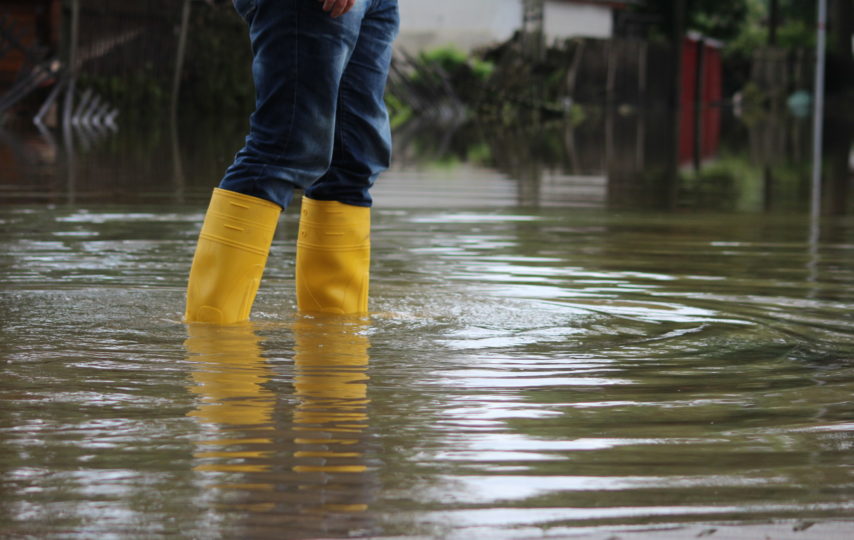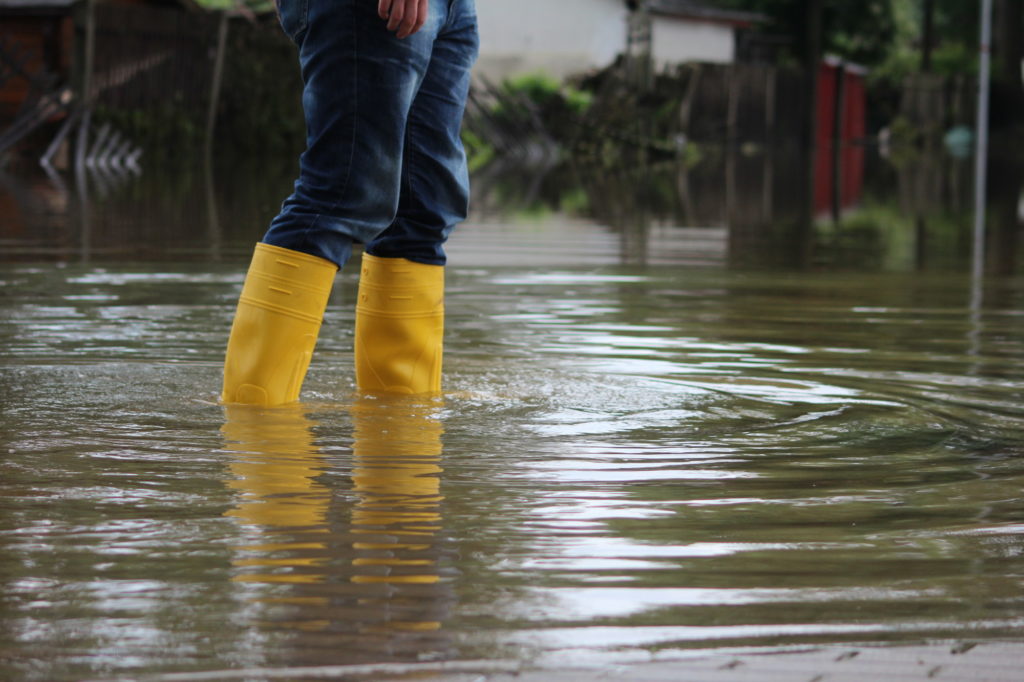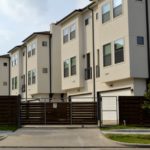Are you looking to purchase a homeowner’s insurance cover for your home? Are you wondering what is not included in a standard homeowner’s insurance policy? Sadly, most standard insurance policies only cover your house, liability, personal belongings, and other outdoor structures in your compound.
Fortunately, you can customize your cover depending on your personal needs and where you live. However, it’s essential to know the excluded things from a standard insurance cover. This will help you make an informed decision when choosing the best cover.
Even the best insurance policies will not cover everything. Read our homeowner insurance tips below where we cover the nine things not included in standard homeowners insurance:
1. Flooding
While burst pipes are covered, your insurance policy will not cover flooding. Most people don’t know that standard insurance covers don’t compensate for damages caused by flooding. If you live in a flood-prone area, the biggest mistake you can make is not purchasing flood insurance coverage.
Flooding and groundwater tend to cause costly damages. If you live in an area with a risk of torrential downpour, overflowing rivers, or bursting drains and sewers, you should consider purchasing a backup flood cover for your home.
If you have a supplemental flood insurance cover, ensure you understand what is covered under your policy to make your insurance reimbursement claim process more manageable.
2. Damages Caused by Hurricanes and Strong Winds
Strong winds and hurricanes fall under the category of natural disaster, just like floods and earthquakes. The standard homeowner’s insurance doesn’t cover damages caused by winds and hurricanes, especially if you bought a home in the coastal area.
If you own a house in a coastal area or a hurricane-prone zone, it’s essential to ask around for insurance policies that cover wind and hurricane damages. You can also ask your insurance provider to include these in your current cover at a higher premium. Fortunately, some states offer their citizens supplemental windstorm coverage.
3. Mold Damage Caused by Negligence
Your insurance policy covers mold damage. However, the insurer won’t cover mold damages caused by negligence or carelessness. Mold is often caused by water damage and moisture.
Mold damage claims are often denied if you failed to perform regular home maintenance, there is a flaw in your home’s construction, or recent flooding.
Insurance companies often cover mold damage that results from water leaks and burst pipes. However, you must ensure you fix the problem as soon as possible to get your claim approved.
4. Homeowner Insurance Tips About Government Action
If you incurred damages resulting from government action, insurance companies will not cover the losses. Government action is considered action by any public authority body. For instance, if the government takes your belongings or does something that leads to property damage, your insurer will not cover the cost to replace or repair the property.
5. Some Dangerous and Aggressive Species of Dogs
Your pets should also be considered when purchasing a policy. According to the Insurance Information Institute, one out of every three liability claims is due to a dog bite.
Dog bites from certain dangerous dogs are not covered by insurance. Keeping such dogs could even lead to insurance companies rejecting your application.
Most insurance companies have blacklisted dog breeds such as wolf hybrids, Rottweiler, and pit bulls. These dogs are known to inflict severe personal injuries after a bite. Other insurers will deny you coverage based on your dog’s history of aggressive behavior.
6. Equipment Breakdown
Major equipment such as your HVAC unit and the dishwasher that keeps your home clean, warm and comfortable is not covered in a standard homeowner’s insurance coverage. Insurers don’t cover equipment supporting your house. However, you can ask the insurance company to include an equipment breakdown cover.
Sadly, insurance companies don’t include this coverage in their policies. You might have to take out additional coverage to cover future unexpected equipment breakdowns.
7. Normal House Wear and Tear
Home insurance policies are supposed to cover accidental or sudden unforeseen problems such as fires and break-ins. Therefore, they will not cover your home’s wear and tear. As a homeowner, it’s your responsibility to perform frequent maintenance of your house to protect it from deteriorating.
It’s not the insurance company’s responsibility to replace your home’s worn-out flooring, maintain the roof, and clean your gutters. You should take care of your home and ensure that your fences, ceiling, flooring, plumbing, ventilation, and heating units are well maintained and in good condition.
8. Faulty Workmanship
A homeowner’s insurance policy will not cover losses and property damage caused by inadequate, faulty, and defective development, zoning, or planning. Additionally, the insurance company will not cover repairs if there is a defect in your construction, design, or workmanship. You will be responsible for the cost of the repair.
If you want to be covered by insurance in case of damage, ensure you use good-quality materials during remodeling and renovations.
9. Pest Infestation
If your home is infested with mice, cockroaches, or bedbugs, it’s your job to get rid of them. Pests can cause considerable damage if they turn your home into a habitat. For example, termites could eat through your roof’s wooden beams, while mice could cause your HVAC unit to break down.
While pests may lead to expensive repairs, insurance companies don’t cover any repairs caused by pests.
Are You Ready To Purchase Your Homeowner Insurance Policy?
Thanks to the above homeowner insurance tips, now you know what is not covered in a standard homeowner insurance plan. Before signing the contract, remember to read the policy thoroughly. This will give you a clear understanding of what is covered and what is not.
If you’re already covered by an insurer and have concerns about potential hazards such as floods or windstorms, talk to the insurance agent. They may be able to give you additional coverage or add on to your already existing one. Check out our other blog posts for more life hacks.














